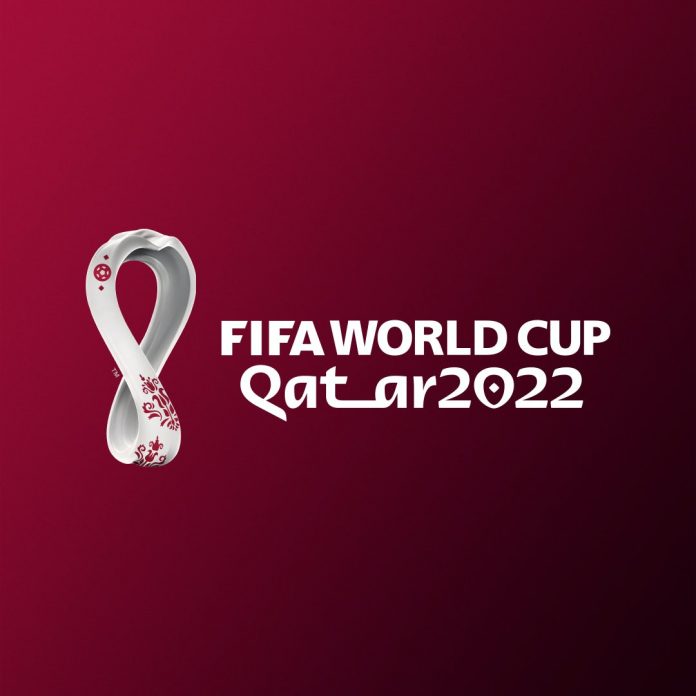Joseph Wehmeyer is a junior majoring in Government. He also has written articles for DSA Laboratories covering the USMNT’s path to the World Cup and will cover the team’s performance in Qatar. Email Joseph at jswehmeyer@wm.edu
The views expressed in the article are the author’s own.
The 2022 FIFA World Cup begins in Qatar later this month, likely to be the most-watched sporting event this year. The United States Men’s National Team should protest it.
Billions of viewers tune in every four years to watch senior men’s national football teams compete for the most coveted trophy in the sport –– only eight nations have been world champions since 1930.
This tournament is different from many before it, however, with controversy surrounding the event since its organization in 2010. Most notably, the host nation has been accused of bribing FIFA officials to secure hosting rights and criticized for human rights abuses and treatment of the LGBTQ+ community.
An estimated 6,500 migrant workers have died in Qatar since mass infrastructure projects began to prepare an unprepared country for the World Cup and safety concerns persist for LGBTQ+ supporter groups as homosexuality remains illegal in Qatar.
Amidst plenty of controversy, various football federations around the world are understandably speaking out and taking action.
Ten European countries, including two USMNT group stage opponents, England and Wales, have pledged to wear rainbow ‘One Love’ armbands to promote inclusion and equality.
France, the reigning champions, will not display World Cup matches on large screens in public fan zones –– a usual staple of World Cup summers –– in protest of Qatar’s treatment of migrant workers and the negative environmental impact of tournament preparations.
Denmark’s national team jersey supplier, Hummel, designed monochromatic jerseys for the team to wear, to hide the nation’s identity in Qatar –– citing remembrance of perished workers.
The Australian national team has perhaps been the most outspoken thus far, posting a video with 16 players explicitly calling out Qatar’s shortcomings and calling for additional steps to be taken to address long-standing issues in the host country.
One country has been notably silent, however.
The United States has not spoken out against the World Cup yet, but they should. By representing a country that prides itself on its freedoms and liberties, the lack of speech by the team itself on the matter so far is noteworthy.
The USMNT is returning to the World Cup after failing to qualify in 2018. With a new generation of talent, the U.S. is likely to boast one of the youngest squads at the tournament, having the opportunity to not only redefine what soccer looks like in the United States, but also represent what the national team stands for.
U.S. head coach Gregg Berhalter has promoted bringing awareness to issues surrounding the tournament and hinted the squad will make their own message about Qatar, but it remains unclear what that will be with the tournament just weeks away. The USMNT has already revealed their World Cup jerseys and have yet to commit to any formal protest plans.
Don’t expect the team to be quiet when the tournament starts, however.
U.S. players have been outspoken in addressing social issues in the sport before –– wearing shirts and armbands to support social justice and gun control measures respectively. The U.S. Soccer Federation also has the One Nation initiative, which promotes diversity and inclusion in all aspects surrounding the sport and its supporters.
FIFA has sought to quiet noise ahead of the tournament, with World Cup rules prohibiting outright political statements on team uniforms, and Qatari officials have pushed back against criticism.
It is not the first time a World Cup has been surrounded with controversy. Many teams denounced the atrocities committed by the Argentine military junta when Argentina hosted the tournament in 1978. Boycott efforts failed to stop the tournament and teams from participating in it.
Berhalter may be waiting to announce his roster on Nov. 9, before indicating any official actions, but the team should strongly consider how they should protest the tournament in an effective way.
Whether that’s using social media platforms or wearing shirts ahead of kick-off to raise awareness about issues surrounding the tournament, the USMNT should not miss a beat in taking a stand in this tournament.
The USMNT’s other group stage opponent, Iran, has already faced calls for its removal from the World Cup due to recent Iranian crackdowns on protests supporting women’s rights and the alleged supplying of drones to Russian forces fighting in Ukraine.
There is a wealth of other concerns surrounding the tournament too. The World Cup will be played in the winter for the first time ever, due to Qatar’s intense summer heat, disrupting European club seasons and raising injury concerns for players.
Millions of traveling fans face a lack of available accommodation and rising costs in the smallest nation to ever host the World Cup.
Visiting fans will also have to download an app to track the spread of Covid-19 in the country in order to enter Qatar, raising privacy concerns for users. The app, Ehteraz, requires extensive access to user data in a country with an already-poor record on human rights and civil liberties.
Sports provide an opportunity for teams to use their platform to advocate for social justice –– ahead of a problematic tournament in a contentious time, teams should speak out.
With billions watching, players should condemn injustices surrounding the tournament. Doing so will raise collective awareness to address these issues, ensuring protests are heard globally and increasing international pressure on associated governments.
With a history of supporting social justice in the past, the U.S. should join other teams in protesting the tournament and push the envelope even further –– whatever that will look like.

